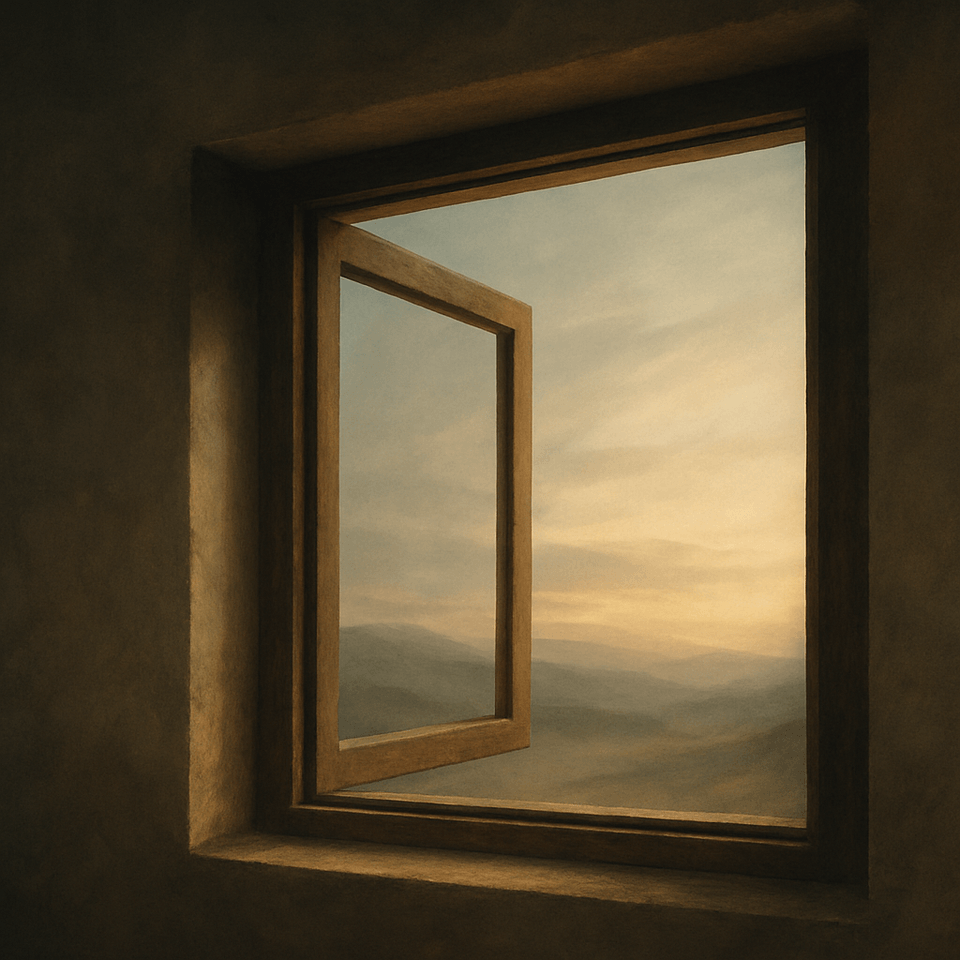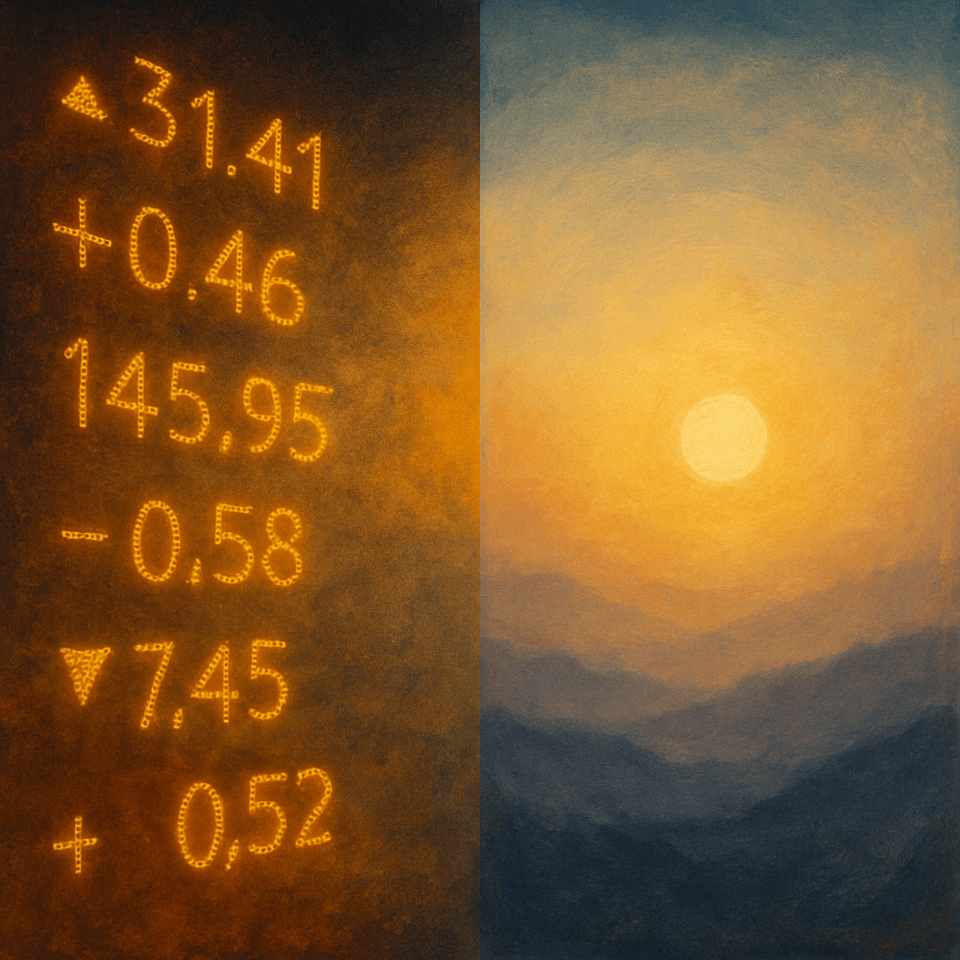
Considering the Shift of the Overton Window
The Overton Window isn’t a fixed pane but a living frame that shapes what a society can see, say, and imagine. Tracing its shifts reveals our collective identity—and our responsibility within it.
Institutions, politics, law and collective behaviour — who sets the rules and how they govern us.
Page 1 of 2

The Overton Window isn’t a fixed pane but a living frame that shapes what a society can see, say, and imagine. Tracing its shifts reveals our collective identity—and our responsibility within it.

From Google Maps rerouting entire towns to Amazon Flex unlocking apartment doors, corporations are reshaping our infrastructure and routines—quietly trading our privacy for convenience.

Ownership is more than paperwork. This proposal maps land titles to NFTs so the blockchain becomes the registry itself—legally recognized, programmable, and auditable—uniting code and courts for faster settlement, stronger proofs, and privacy-preserving compliance in the UK/EU.

Wars are not only fought on battlefields but in balance sheets. From Lockheed Martin’s rising stock to British Gas’s soaring profits and offshore billions siphoned by corrupt aides, conflict becomes the perfect laundromat—where fear, scarcity, and blood are spun into profit. This essay exposes how war launders money, legitimacy, and power in plain sight.

How many trees make a forest? This essay explores the blurred lines between subjectivity and objectivity, the relativity of perception, and the thresholds created by language. From forests to fairness, poverty to truth, we uncover how meaning emerges not in absolutes, but in the gradients and relationships that shape our shared reality.

Prices can change in seconds, but consequences can take decades to arrive. The secondary market effect and arbitrage reveal why — and how short-term gains often mask long-term costs. From high-frequency trading to global politics, understanding these concepts helps us see beyond the present into the slow, unfolding arc of cause and consequence.

When healing becomes a liability and prevention is unprofitable, what we call “healthcare” becomes something else entirely—a weapon of economic control. This piece explores the true cost of privatised medicine and why public healthcare is not just a policy, but a moral imperative.

From the outside, American democracy looks less like a system of the people and more like a well-staged illusion. With Trump back in office and the machinery of power unchanged, the illusion of choice is fading. This piece explores the decline—not just of politics, but of belief itself.

The Israeli state may not survive the decade — not by invasion, but by the slow collapse of legitimacy, narrative, and power. As Palestine rises and the world rebalances, we are not witnessing an apocalypse, but the unmasking of illusion.

The claw of power may never vanish. But if wrapped in velvet—wielded with wisdom, chosen with care—it may no longer wound, but shape. A better world doesn’t begin by abolishing power, but by reimagining who deserves to hold it—and why.